 This 3 Day workshop covers strategies for academic writing: writing to prompts, targeting a journal/specific criteria, types of prompt for academic writing, ‘snack writing’, goal-setting for writing, motivation, freewriting, generative writing, analysing academic writing, drafting and revising an abstract/summary, constructing a ‘contribution’ argument, using prompts in series, outlining, productive writing behaviours, wellbeing, writing groups, micro-groups and retreats. Many of these can be used in preparing for a concentrated spell of writing at a writing retreat.
This 3 Day workshop covers strategies for academic writing: writing to prompts, targeting a journal/specific criteria, types of prompt for academic writing, ‘snack writing’, goal-setting for writing, motivation, freewriting, generative writing, analysing academic writing, drafting and revising an abstract/summary, constructing a ‘contribution’ argument, using prompts in series, outlining, productive writing behaviours, wellbeing, writing groups, micro-groups and retreats. Many of these can be used in preparing for a concentrated spell of writing at a writing retreat.
This is a practical workshop. The aim of the writing activities in this workshop is to let you try these strategies and consider how/if/where they can fit in your writing practice. We also discuss how they can be used for writing theses, articles and other writing. They also let you start/work on your writing project during the workshop.
The online version of this course involves several short writing activities, all designed to help you develop your paper/chapter/thesis and use productive, healthy writing habits. By signing up to this course you agree to do the writing tasks and to talk about your writing in online small-group discussions, to give and receive feedback on this writing and to discuss your writing plans and goals.
You can find the programme here
| Workshop | Date | Time | Location |
|---|---|---|---|
| Writing Academy: Day 1 | Wednesday, 21st June 2023 | 10.00 – 16.00 | Online |
| Writing Academy: Day 2 | Thursday, 22nd June 2023 | 08.55 – 16.45 | Online |
| Writing Academy: Day 3 | Friday, 23rd June 2023 | 08.45 – 16.45 | Talbot Campus |
Please note, participants are required to attend all three days of the Writing Academy sessions.
To book a place on this workshop please complete the Booking Form.
For any specific queries regarding this workshop please email Pengpeng Hatch: pphatch@bournemouth.ac.uk.
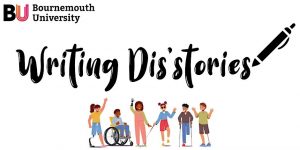
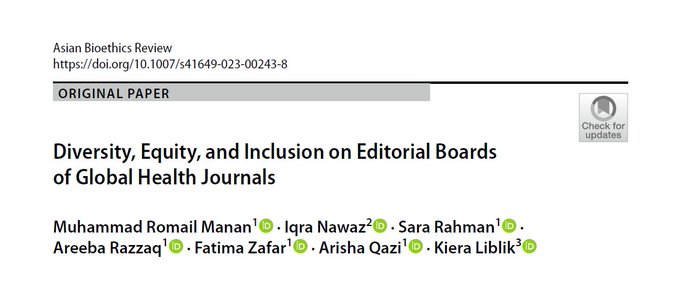
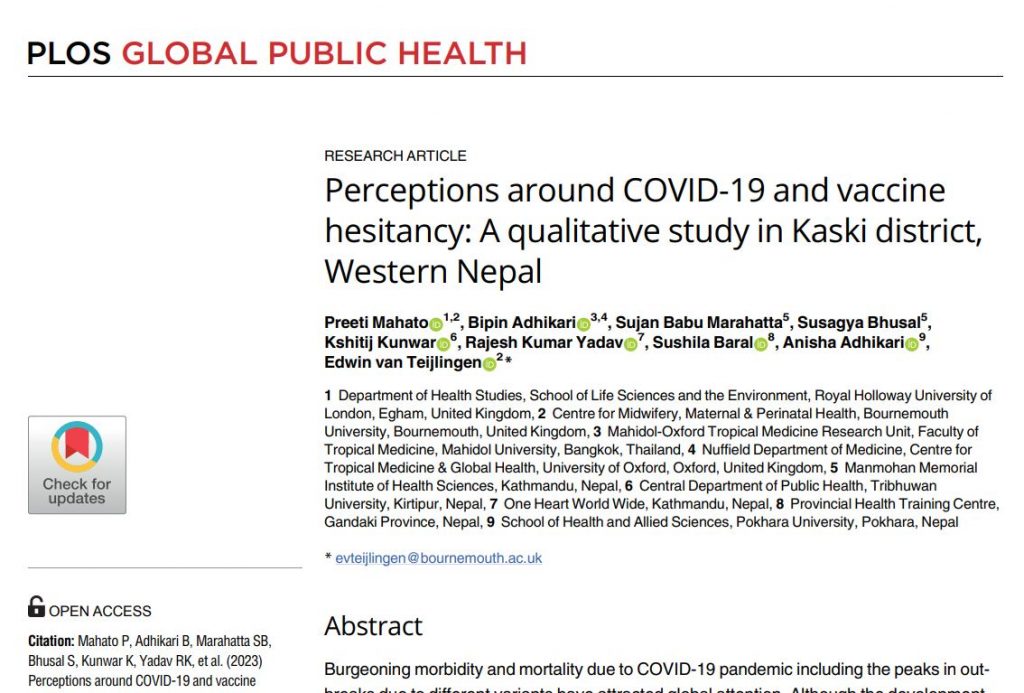


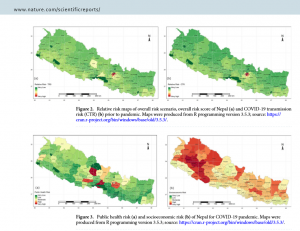
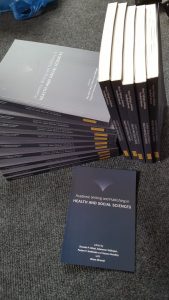

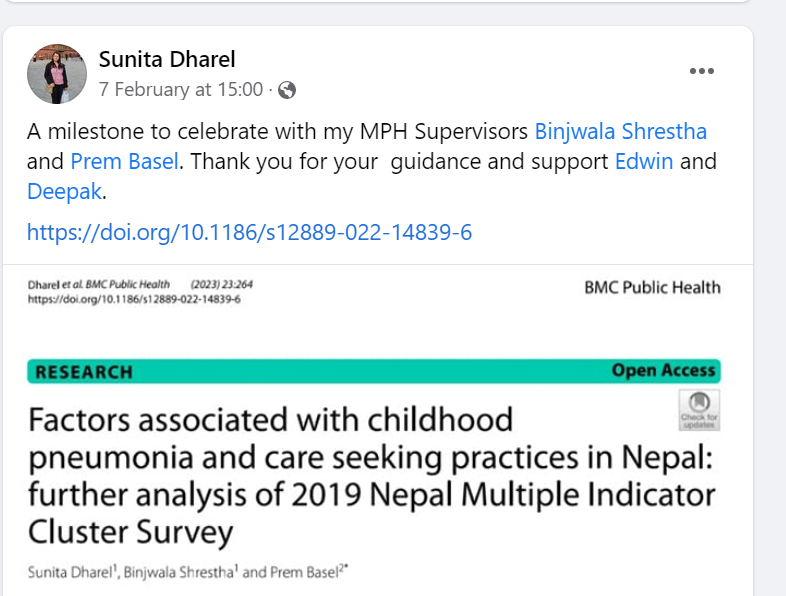
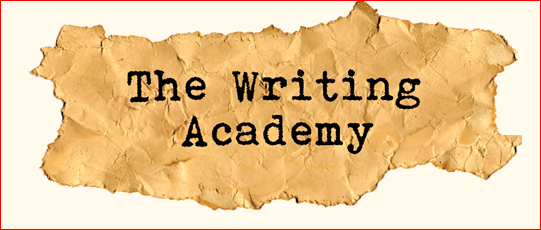




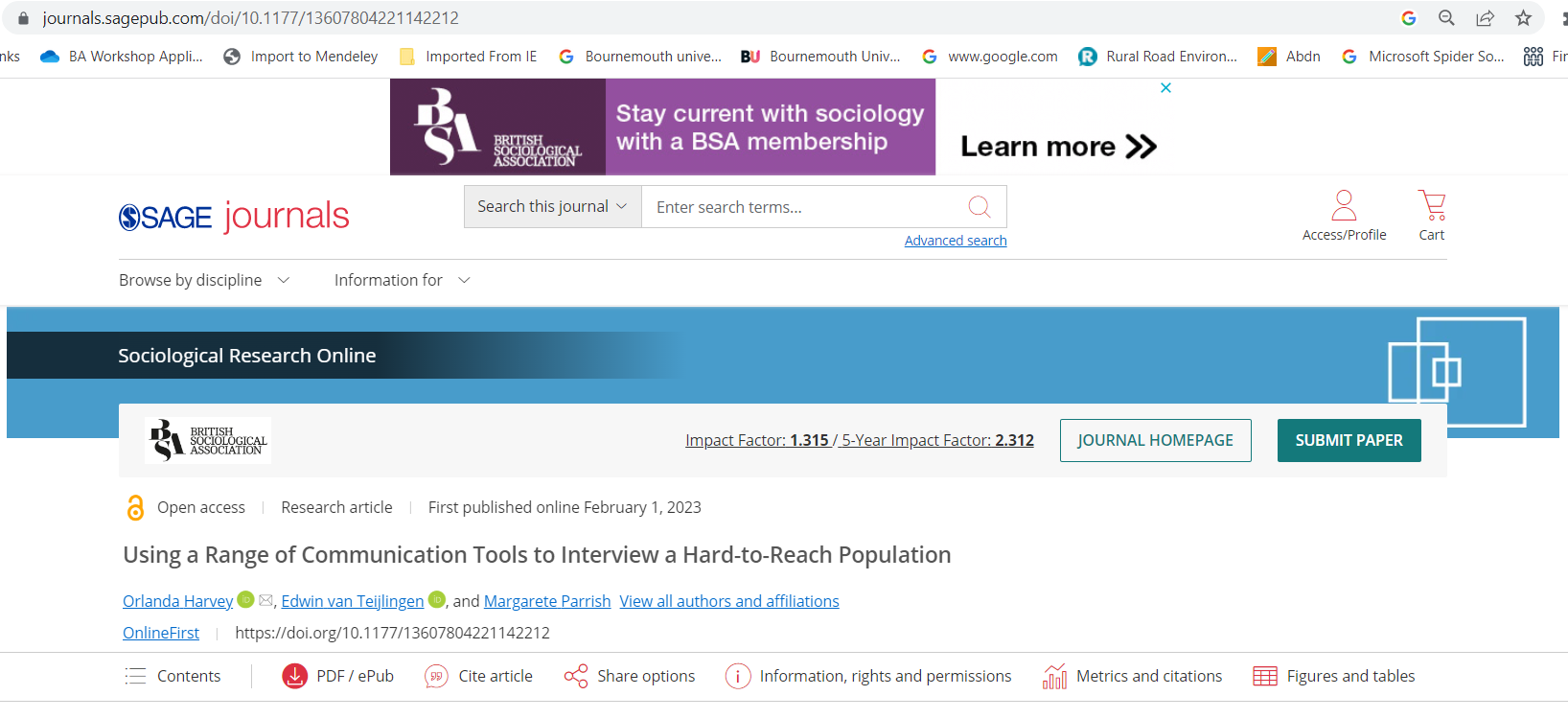


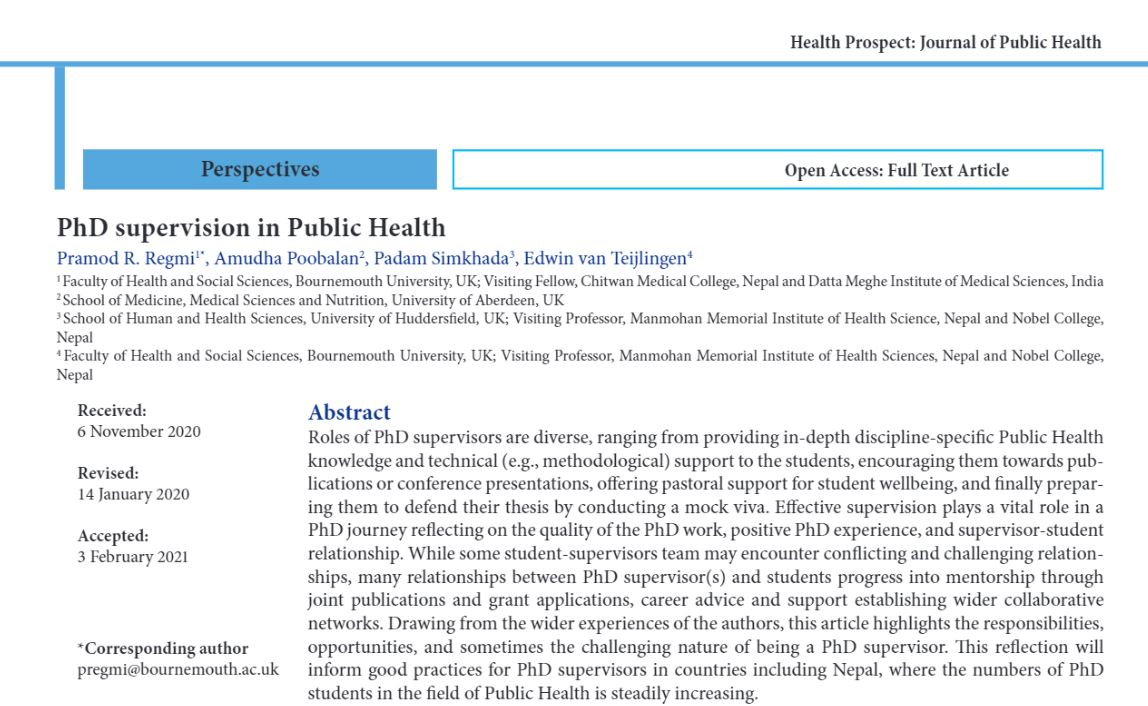
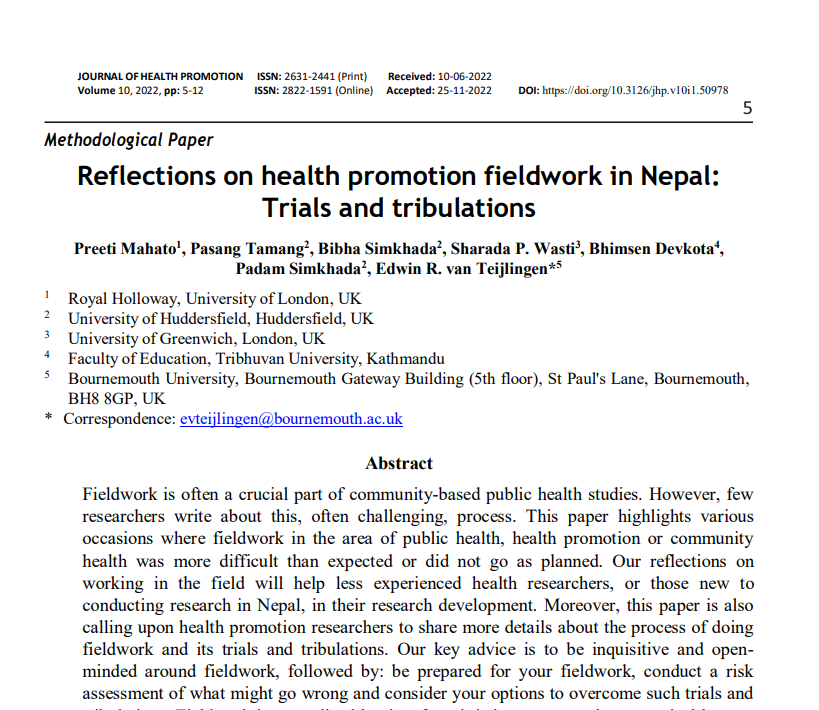
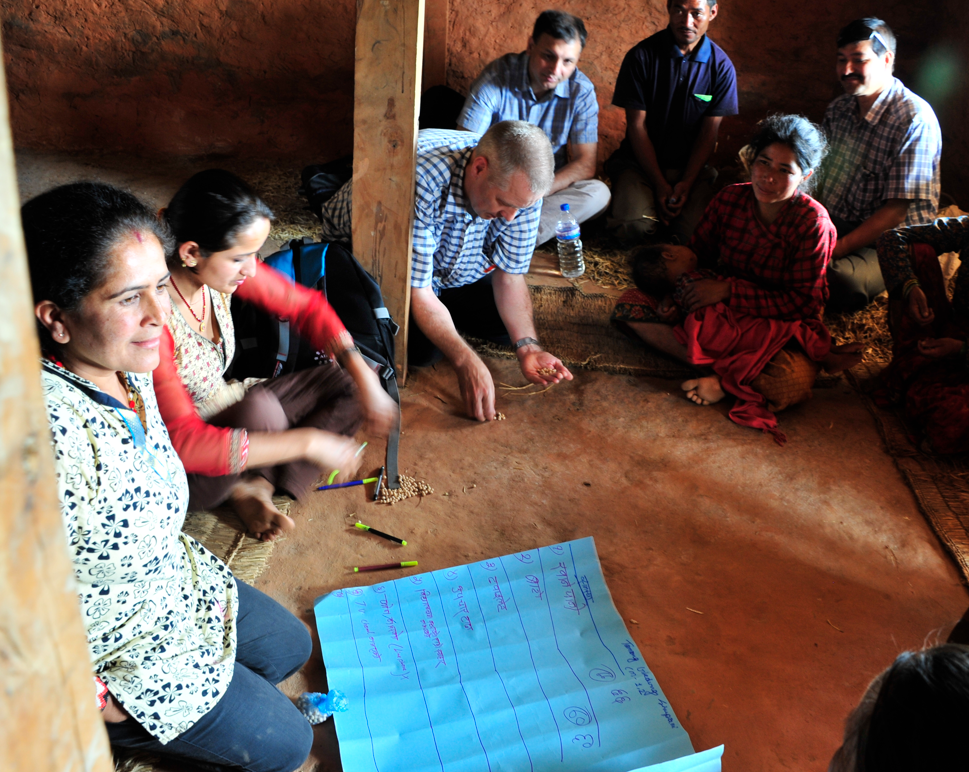

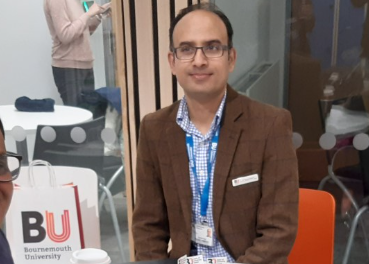
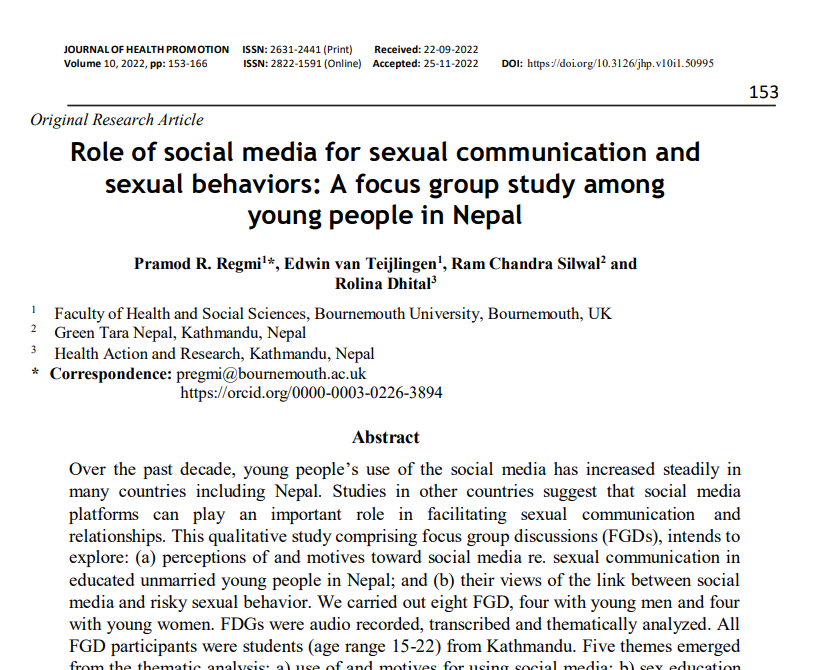
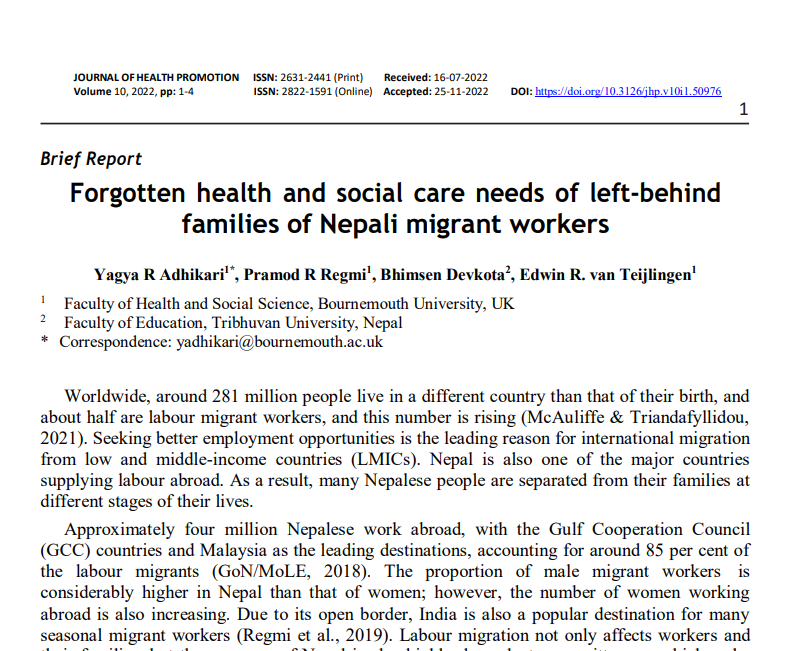


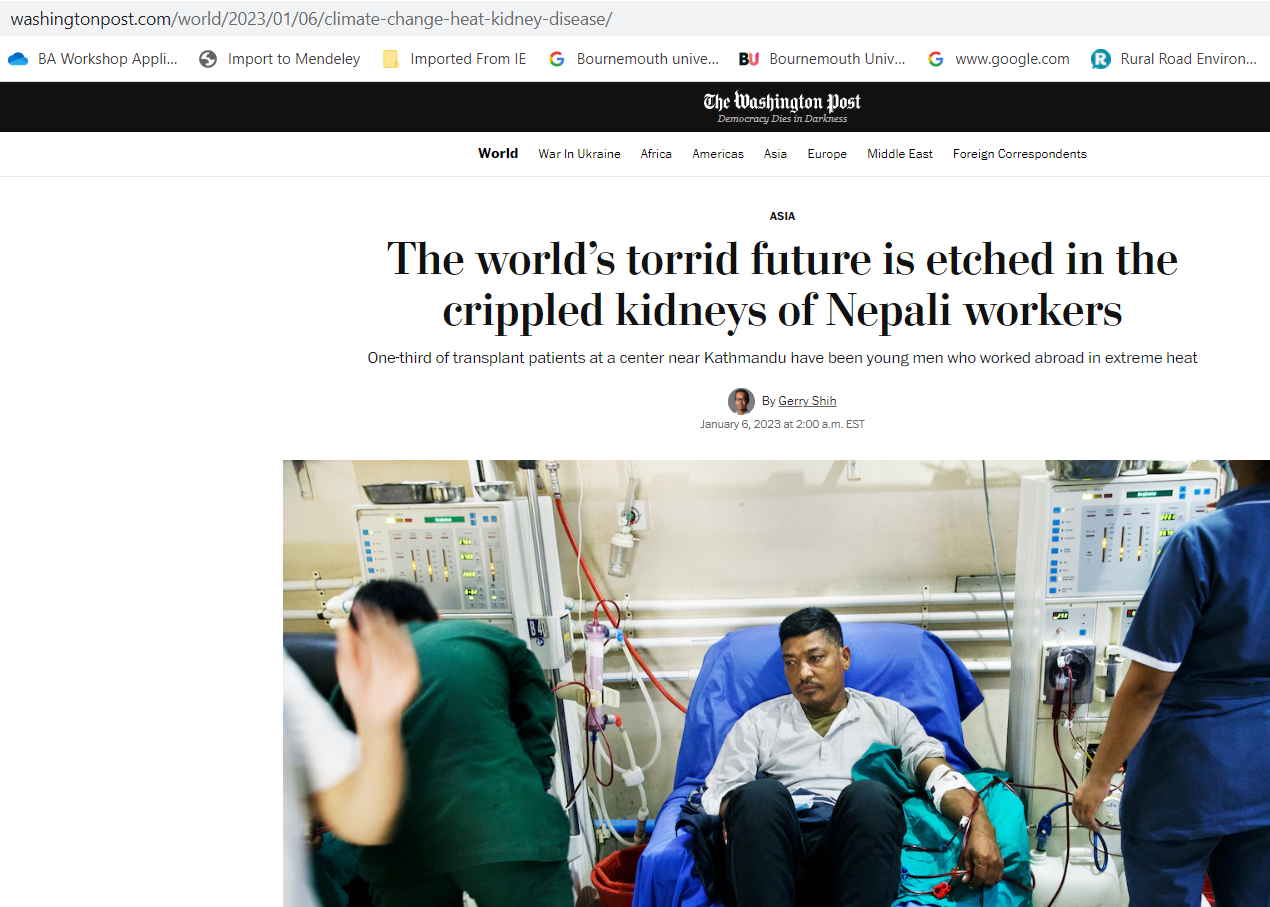

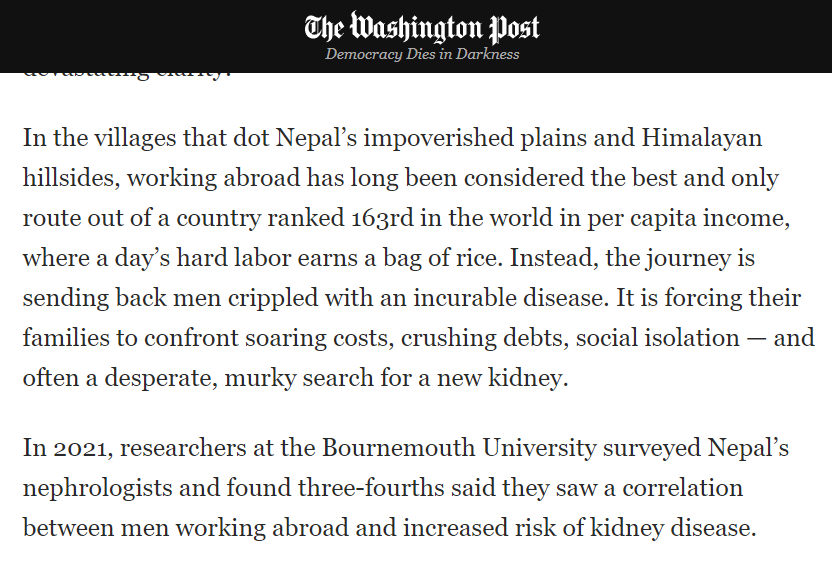











 Upcoming opportunities for PGRs – collaborate externally
Upcoming opportunities for PGRs – collaborate externally BU involved in new MRF dissemination grant
BU involved in new MRF dissemination grant New COVID-19 publication
New COVID-19 publication MSCA Postdoctoral Fellowships 2024
MSCA Postdoctoral Fellowships 2024 Horizon Europe News – December 2023
Horizon Europe News – December 2023